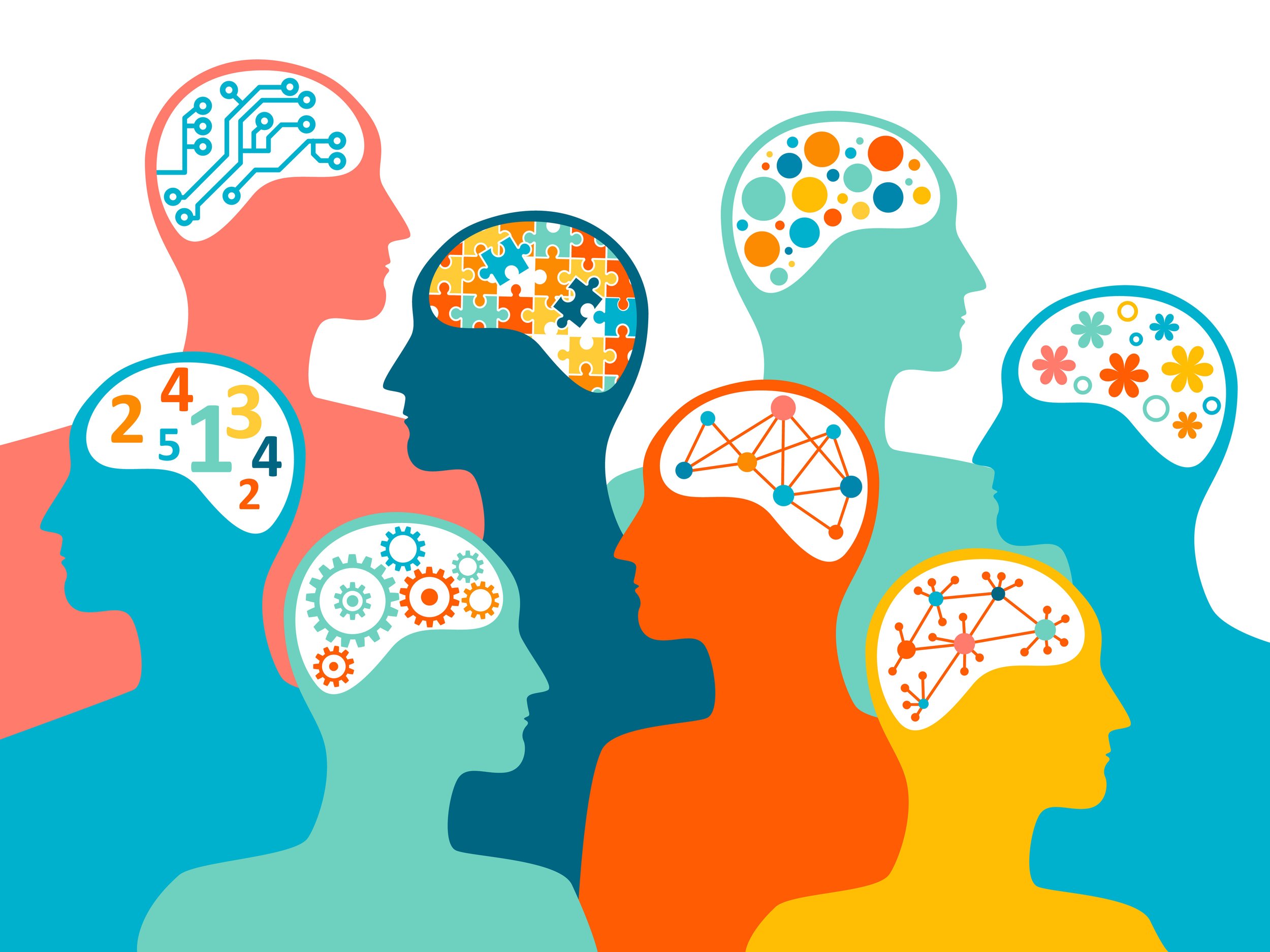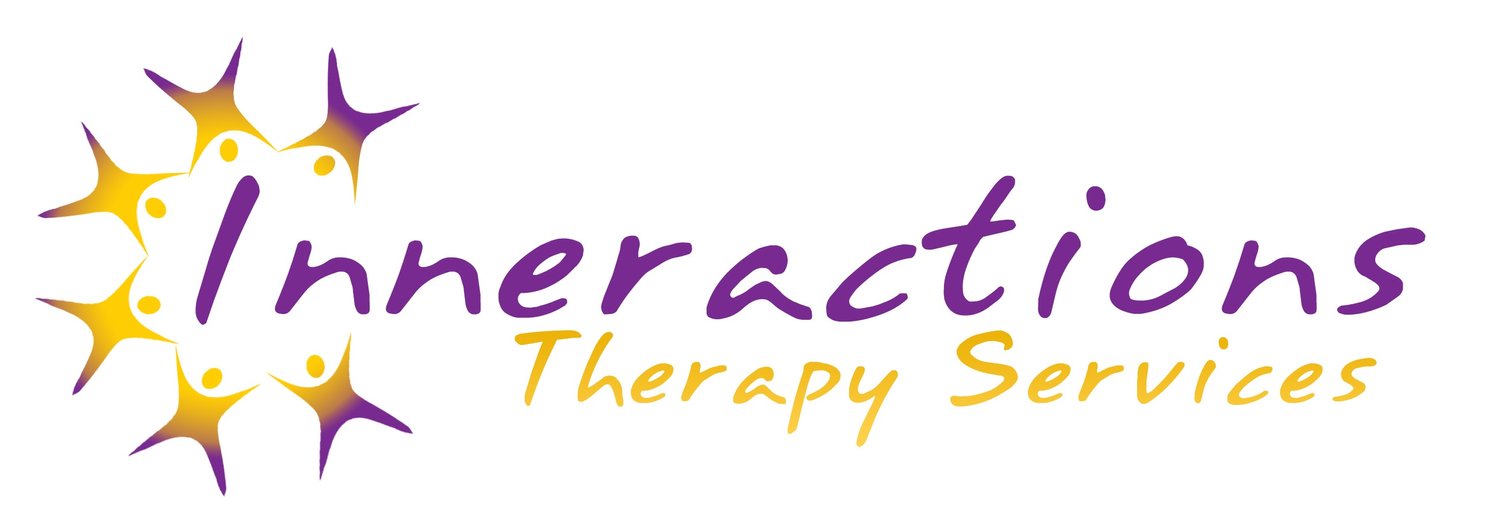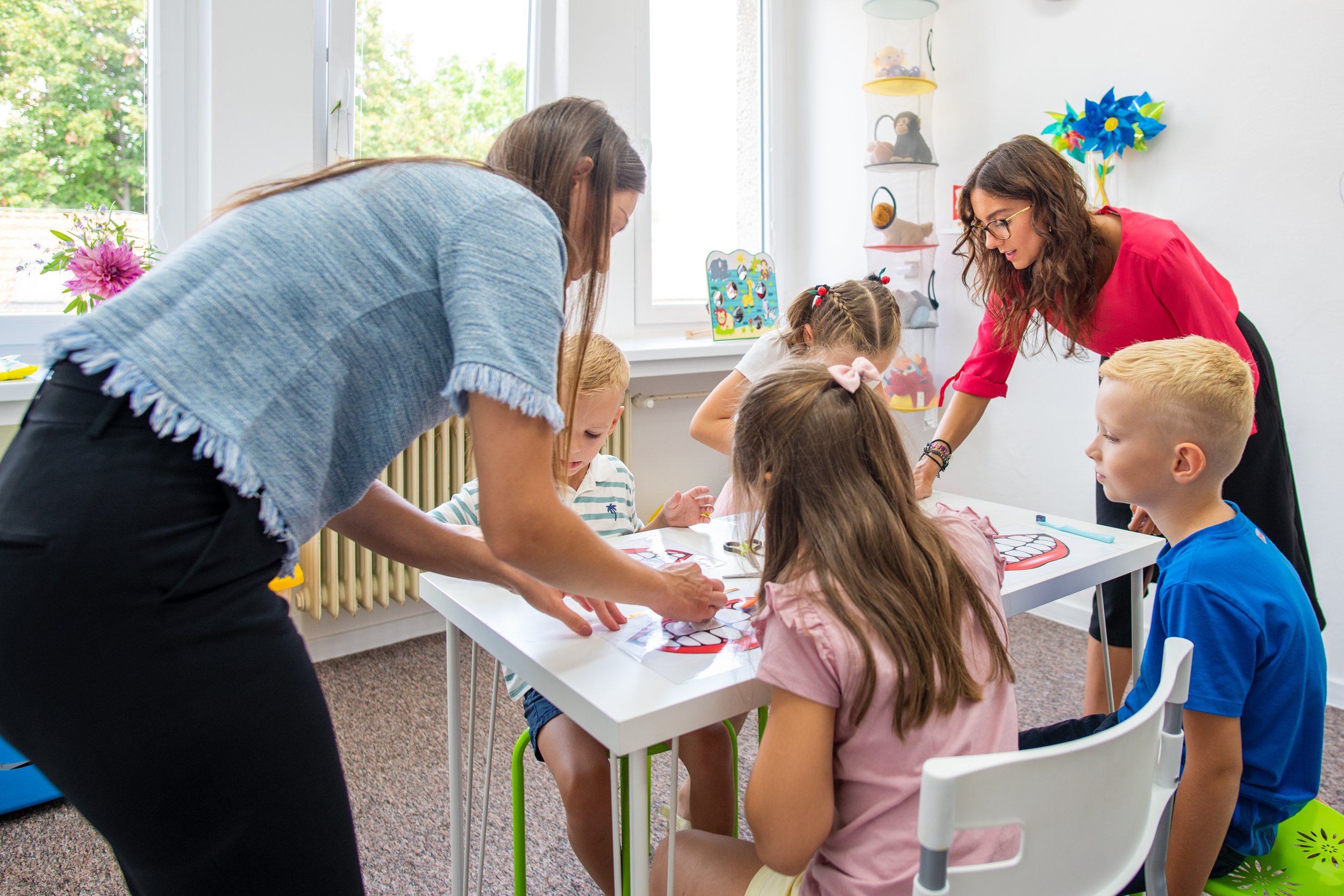
Neurodiversity-affirming Therapy for ADHD
ADHD therapy that meets you where you are
Attention-Deficit/Hyperactivity Disorder (ADHD) impacts many kids, teens, and adults. If you have ADHD you may have trouble focusing on tasks, hyperactivity, losing things, and many other symptoms that impact your ability to function on a day-to-day basis.
Therapy for ADHD can help you better cope with your symptoms, learn skills to better function, and process your daily life struggles.
What to expect in ADHD therapy sessions
Starting Therapy Can Feel Overwhelming—We Make It Easier
Therapy for ADHD often starts with understanding you as a person. Everyone has individual needs, goals, and experiences that make them unique. In our ADHD therapy process it all starts with getting to know you. What brings you to our office? What are you hoping to improve upon, or get out of therapy?
While every client is unique, there are a few consistent things you can expect from ADHD therapy sessions.
In your intake session our therapists take the time to understand your unique ADHD symptoms and challenges, your background, and get to know you as a person. This helps us collaborate with you to create a customized treatment plan from day one.
1. Personalized intake process
Your ADHD therapy will be tailored to your interests, age, and daily struggles. No two clients are the same which means no two therapy plans are the same. We also work with you to adapt the therapy plan as you grow and experience life. Goals may change, and we work to change with you as you’re navigating life with ADHD.
2. A therapy plan just for you
3. Age and developmental level appropriate ADHD therapy sessions
For kids: Therapy may incorporate play-based tools, visuals, and routines.
For teens: In ADHD therapy for teens you may expect goal-setting, skill-building, and identity exploration.
For adults: Many adults with ADHD seek therapy for help managing executive function, work/life balance, and self-advocacy.
4. Understanding how to track progress and goals in ADHD therapy
We use clear, collaborative goals to measure your growth over time. Goal-setting in ADHD therapy involves collaborating with clients to ensure their goals are Specific, Measurable, Achievable, Relevant, and Timely, or SMART goals for short.
Common Themes We’ve Noticed
Executive Functioning
ADHD therapy helps clients develop skills and plans to help better their day-to-day executive functioning.
An ADHD diagnosis doesn’t need to control your life. With ADHD therapy you can build confidence in yourself.
Self-Confidence
Depression
Therapy is a great place to work through your depression and become the best version of yourself!
Many people with ADHD, especially children, experience trouble with social awareness. ADHD therapy helps with social skills too!
Social Awareness
Group therapy for ADHD
People with ADHD can see a lot of growth through joining group therapy. Group Therapy for ADHD can help children, teens, and adults with ADHD learn social skills, and find comfort and insight from others with ADHD. Depending on your age, ADHD group therapy may look slightly different.
ADHD group therapy for children
Managing impulsiveness and social interactions with peers can be difficult for many children with ADHD. In our ADHD group therapy children with ADHD can work on a variety of skills with peers in a safe, welcoming, and FUN environment.
ADHD group therapy for teens
Teens with ADHD can get a variety of benefits from participating in ADHD group therapy. Teens can see improvements in social functioning, better relationships with peers, and improved focus and tuning into the world around them.
ADHD group therapy for adults
When you think about ADHD you may think it’s mostly about kids, but ADHD impacts people of all ages. In group therapy for adults with ADHD you can meet other adults with ADHD and learn how to manage life with ADHD.
Approach to ADHD Therapy
Our approach to ADHD therapy is different for every client. While people with ADHD share many qualities we understand that every person is different and what works for someone else may not work for you. That’s why we go to great lengths to understand our clients and personalize therapy for ADHD to their interests and what will work best for them.
Some of our therapeutic modalities include:
Cognitive Behavioral Therapy
Experiential Therapy
Play Therapy
Reality Therapy
Person-Centered
..and More!
ADHD and co-occurring conditions
ADHD often coexists with other challenges. These co-occurring conditions can make life harder for a person with ADHD and should be addressed as part of therapy. We understand that every person is complex, and how we go about therapy should reflect that.
Common co-occurring conditions we see
Learning disabilities (ex. Dyslexia, Dyspraxia, etc.)
Behavioral issues
And more!
Our integrated approach to ADHD therapy
We tailor therapy to address any overlapping issues or diagnoses clients may be dealing with. Some of our therapeutic approaches include experiential therapy, CBT, play therapy, and reality therapy, but this may vary by therapist.
As part of an integrated approach to therapy for people with ADHD, we collaborate with schools, doctors, and when appropriate, a client’s family to ensure coordinated care focused on client needs.






